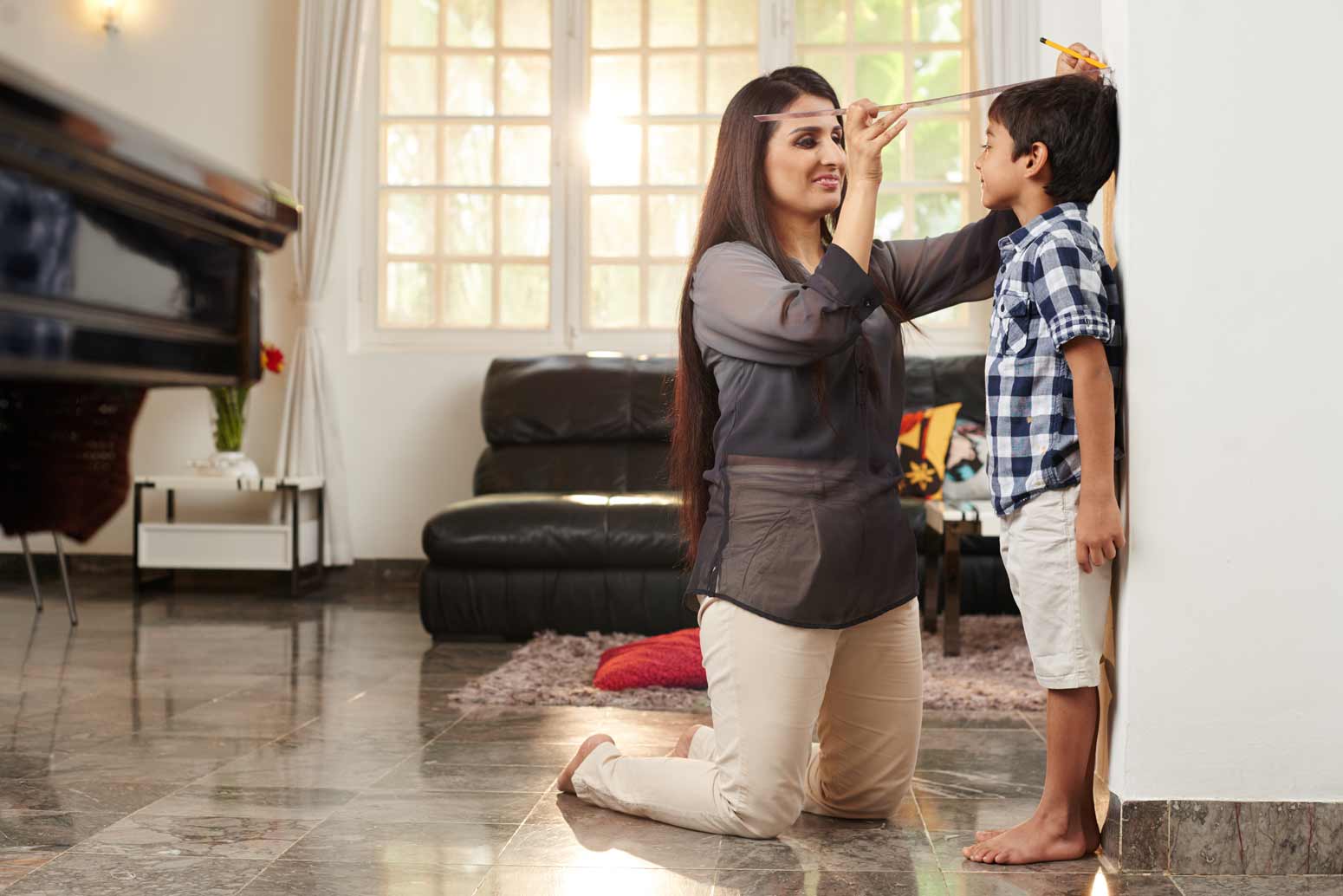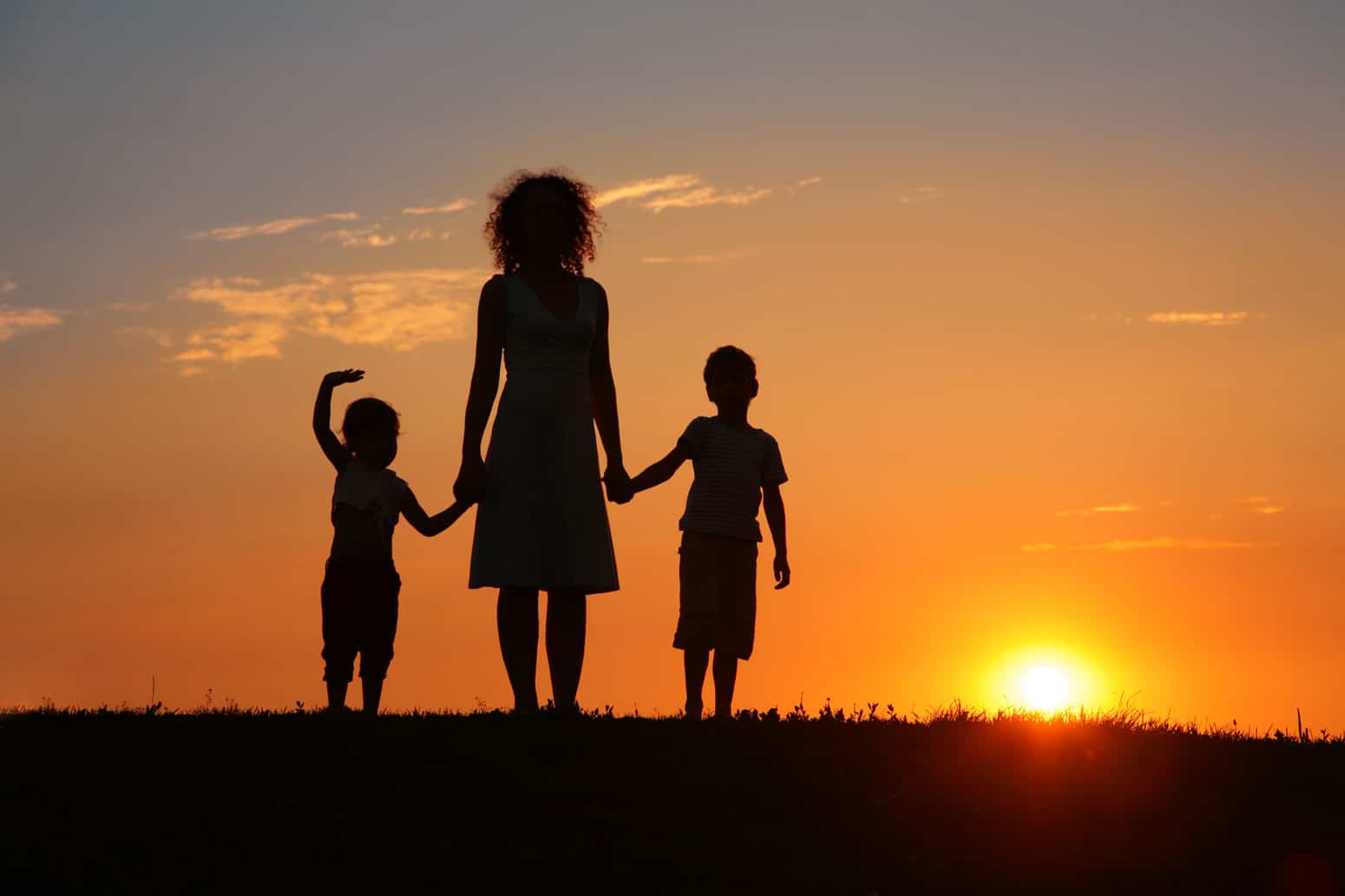One year ago today, my dad died. It’s been one year since I have spoken to him, held his hand, or been annoyed by his incessant texts. To say that this last year has been a roller coaster of emotion would be quite an understatement. Some of the twists and turns I expected, but grief doesn’t play by the same rules as other emotions, so there have been several curve balls thrown in. Happy, sad, excited, mad—they are each their own entity. Grief, on the other hand, is a bit more complicated. It’s all emotions wrapped up into one heavy word.
Once grief enters your life, it doesn’t exit. It changes you in ways you could never imagine. Honestly, I believe that in cases like mine, where my dad had been sick for such a long time, the grieving process started before he was even gone.
I was so scared—unsure of what was coming, how to prepare, and how to help him prepare. My dad was a fighter until his last breath, and he would have no talk of death. He would have every procedure and every trial that was available to him, no matter the cost. His daughters paid dearly for this decision. Some days I wanted it to just be over, to rip off the band-aid quickly. Of course, it would sting, but then it would be done. Rather than prolonging the pain of slowly removing it…
I expected that losing my dad would be difficult, probably just as difficult as living with him. Our family is a little dysfunctional, not quite Jerry Springer, but darn close. Watching him deteriorate and continue to deny that he was dying was some days more than I could bear. How does one go about their normal day-to-day life? I didn’t, and still don’t have an answer to this complicated question.
My dad was suffering from congestive heart failure and ended up spending the last few months of his life at a teaching hospital, receiving an LVAD (left ventricular assist device) implant, but his heart had too much damage for it to help really. In fact, he received the LVAD on July 3 and died August 4. What was very difficult for us, his three daughters, was that the hospital staff encouraged us to visit every day to help with his recovery. Unfortunately, two of us live three hours north of the hospital, and one is three hours south. We tried to take turns visiting and spending time with him. It was both physically and emotionally draining to be there; he complained about everything and was quite rude to everyone. The doctors kept giving him hope that he was getting better while we watched him decline.
We became very frustrated with the doctors and felt they weren’t listening to us. In our grief, it felt like they were doing a disservice to our dad. In reality, we were doing the disservice. He was a fighter, and they honored that by allowing him to die fighting.
Grief is complicated. It’s all the emotions wrapped up into one heavy word.
The last three days of his life were the best days I’ve ever had with my dad. He was the dad I wish I had my whole life (unfortunately the messiness of life got in the way). So, tapping into my grit, I showed this man who had failed me in so many ways the grace that everyone deserves. I had the honor of feeding my dad his last meal, which was his favorite, of chicken fried steak and gravy with eggs over easy, pancakes, and white toast (he absolutely hated that brown bread). After eating, he wanted to shave but had no strength left in his arms. So I shaved his face and helped him brush his hair. I heard him laugh and joke a little, and through my tears, I laughed with him.
The next morning, I felt like I needed to go home and sleep in my bed. I hugged and kissed my dad, told him that I loved him and that I would be back soon. My husband asked if I was sure I wanted to go; I remember so vividly turning to him and saying, “It’s time for me to go.”
On the drive home, I tried to process all of the events from the last three days. When we came into town and drove past the storage facility where his truck had been sitting for the last month, I saw that it was gone. The bank had picked it up. In that moment, I felt something change in my heart. I can’t put words to it, but I looked at my husband and said, “He’s gone.” The phone rang about an hour later, and my sister simply said, “He’s gone.” My heart shattered at hearing the words I had been expecting for months.
I’m not sure there is a way to truly prepare for saying goodbye to someone. In hindsight, I honestly don’t know how I could have ever been ready to hear those words, but I have learned so much through this loss. One of the biggest lessons I learned was the importance of honoring someone in their death. While you are a part of this journey, ultimately it’s their journey. Time is precious; prioritize your to-do list and let go of the things you had planned if not important. Your loved one wants to be with you. It was difficult for me to spend so many hours sitting, whether it be in my car on the drive down or in the hospital room where it was 90 degrees and we were in gowns and gloves. Pack a bag of things to keep you busy, like coloring, word puzzles, magazines, crocheting, or books. My dad didn’t care if I was doing something like that, he just cared that I was there with him. Know that your feelings are valid, and allow yourself to feel them; it’s part of the process. Every journey through the valley of death is unique, so give honor to the person who is dying as well as the journey itself.
Grief is a strange, sometimes heavy emotion. Once the entry wound is made, there is no exit wound. If you embrace this thing called grief with a lot of grit and grace, the entry wound can develop into the beautiful scar of a wounded but not broken warrior.
—
Related Articles:
What Your Grieving Friend Really Wants You to Know
When Bearing Their Burden Breaks You
When You’re Desperate to Know the Reason for Your Pain
Posttraumatic Growth: Finding Meaning in the Pain
How to Move On From the Loss of a Dream in a Healthy Way
#gritandgracelife
You’ll like this recent podcast episode from This Grit and Grace Life: Regret: All the Ways It Can Actually Serve You – 058!














